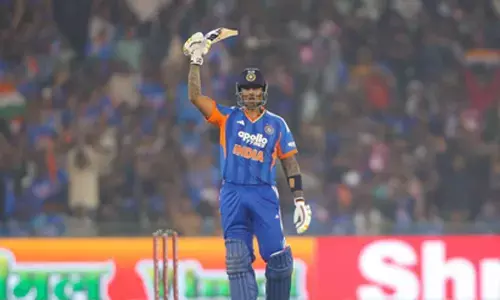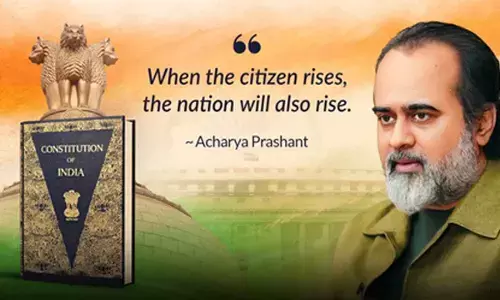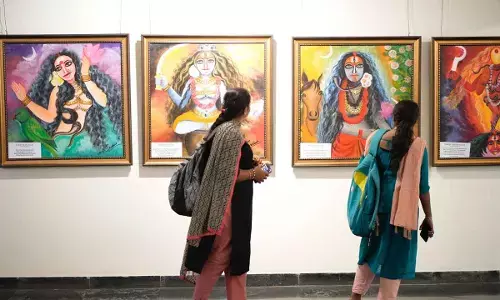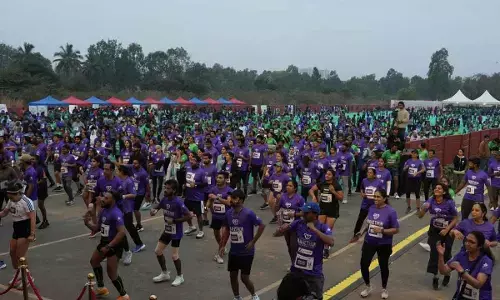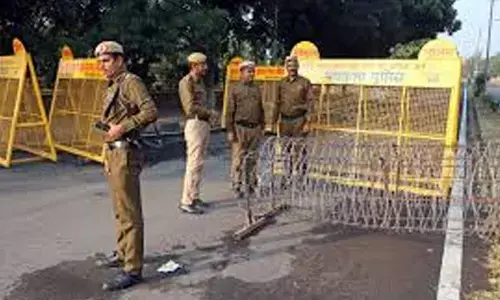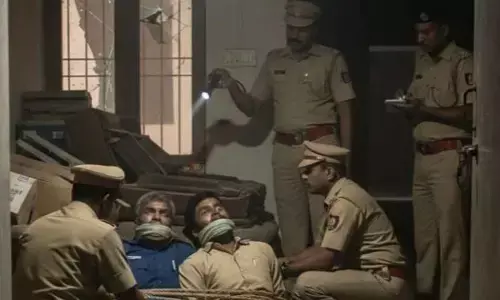A stride towards pride
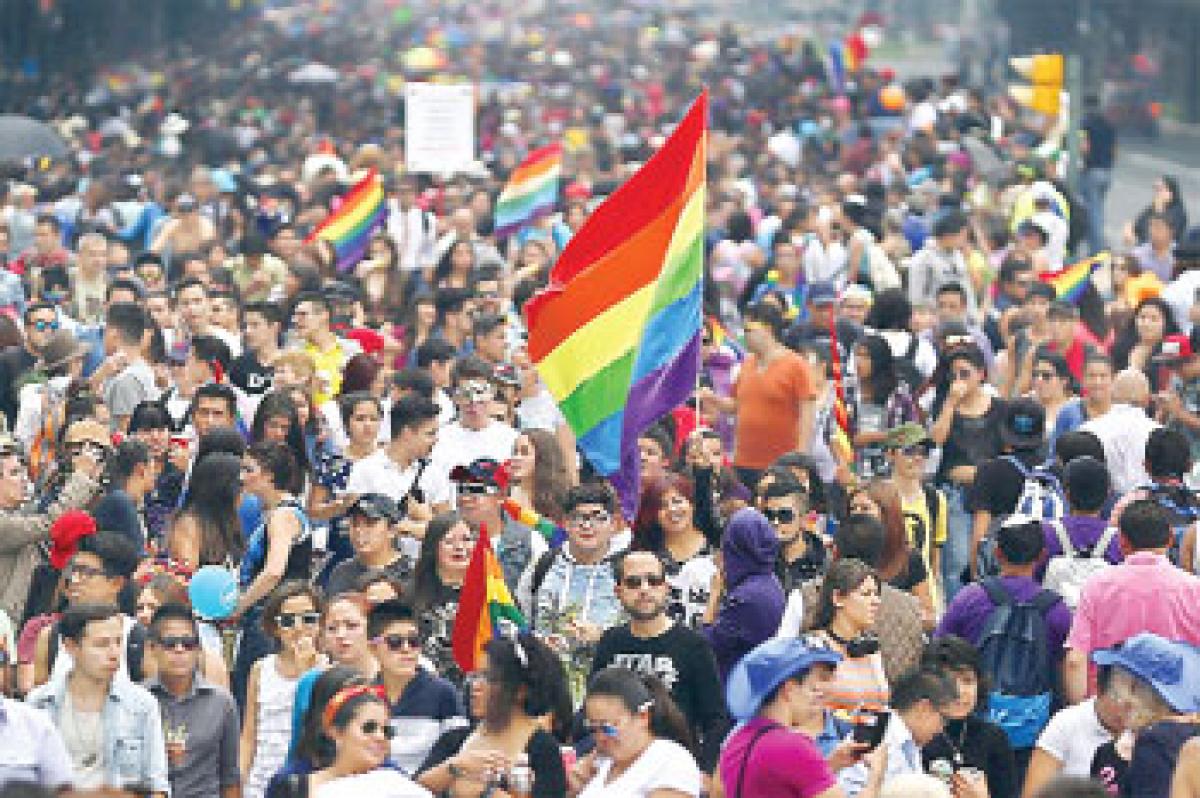
It was only last year that the Supreme Court of India formally recognised the rights of the transgender community as Justice KS Radhakrishnan and Justice AK Sikri ruled that “it is the right of every human being to choose their gender...” It took a ruling by the Apex court to legitimise a right that should otherwise have been dictated by commonsense if not fundamental human rights – and there is increasing hope that this would serve as a model for the enactment of protective Acts for the wider LGBT
 The recognition of the legal existence of the transgender community as the third gender allows for the enforcement of rights, as the Indian Supreme Court correctly articulates. This should serve as a framework for bringing positive change for entire LGBT community, hopefully sooner
The recognition of the legal existence of the transgender community as the third gender allows for the enforcement of rights, as the Indian Supreme Court correctly articulates. This should serve as a framework for bringing positive change for entire LGBT community, hopefully sooner
It was only last year that the Supreme Court of India formally recognised the rights of the transgender community as Justice KS Radhakrishnan and Justice AK Sikri ruled that “it is the right of every human being to choose their gender...” It took a ruling by the Apex court to legitimise a right that should otherwise have been dictated by commonsense if not fundamental human rights – and there is increasing hope that this would serve as a model for the enactment of protective Acts for the wider LGBT community as well.
If we look at transgender rights, even though India is one of the few countries in the world to recognise this community, it is not the first to do so. In South Asia, Nepal, which has enacted progressive legislation with regard to homosexuality, had recognised transgender rights back in 2007, and in 2013, Bangladesh acknowledged the existence of the third gender.
While the European Union (EU) has been slow to completely recognise transgender rights, anti-discrimination laws in most jurisdictions have been read to include discriminatory practises against transgender or intersex persons. Of the EU member states, Germany has long been held to be one of the more supportive and tolerant countries when it comes to granting equal rights for all communities. It has allowed for the registration of transgender and intersex children since November 2013.
The United Nations, too, had released its first report on the Lesbian, Gay and Transgender community, entitled ‘Discriminatory Laws and Practices and Acts of Violence Against Individuals Based on their Sexual Orientation And Gender Identity’ only as late as 2011.
Although acceptance of the legal existence of this community allows for the enforcement of positive rights and marks the end of discriminatory or hateful actions against them, the unfortunate fact is that few countries record crimes against transgender persons separately and many transgender persons do not come forward or cases are not recorded due to a prevailing lack of trust on the part of the community and lack of action from law enforcement officials.
Of course, organisations like Transgender Europe have attempted to document the number of transgender people killed every year in hate crimes as a way to highlight the struggle of the community but the problem they - as all studies on the issues related to transgender populations - face is the lack of data.
In India, the transgender community has played visible role in society throughout history. Their presence has been recorded in various Hindu texts as well as in the works of writers and historians from the Mughal courts, which is a far cry from the present marginalisation they face.
While these records show that the community has always faced challenges, the kind of harassment they face today is a result of a systematic flawed governance model owing its existence in large part to colonial legislation and administrative practice. Though the colonial Acts have been repealed, the bigoted practices they fostered continue to flourish.
 In fact, the effects on healthcare might have been far reaching. As the 2011 UN Report on the Human Rights of LGBT people states with regard to health care (and it is appropriate to remind the reader that though this is talking of India, it was before the positive ruling decriminalising homosexuality was overturned): “(I)n countries where no criminal sanctions exist, homophobic, sexist and transphobic practices and attitudes on the part of health care institutions and personnel may nonetheless deter LGBT persons from seeking services, which in turn has a negative impact on efforts to tackle HIV/AIDS and other health concerns.”
In fact, the effects on healthcare might have been far reaching. As the 2011 UN Report on the Human Rights of LGBT people states with regard to health care (and it is appropriate to remind the reader that though this is talking of India, it was before the positive ruling decriminalising homosexuality was overturned): “(I)n countries where no criminal sanctions exist, homophobic, sexist and transphobic practices and attitudes on the part of health care institutions and personnel may nonetheless deter LGBT persons from seeking services, which in turn has a negative impact on efforts to tackle HIV/AIDS and other health concerns.”







